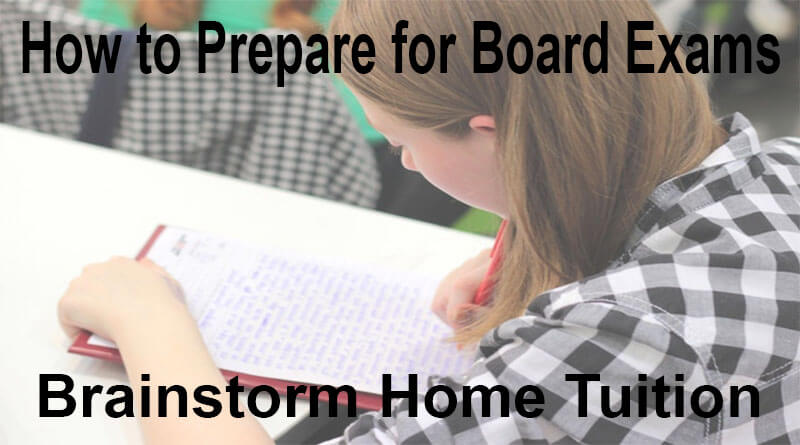
How to Prepare for Board Exams?
Introduction
Board exams are a significant milestone in a student’s academic journey. They can be a source of stress and anxiety, but with the right approach to preparation, you can navigate them successfully and achieve your desired results. This article provides a comprehensive guide on how to prepare for board exams effectively.
Understanding the Importance
Before diving into preparation strategies, it’s crucial to understand the importance of board exams. They serve as a standardized assessment of your knowledge and skills, and your performance can significantly impact your academic and career opportunities. A good board exam score can open doors to prestigious colleges and scholarships.
Planning Your Study Schedule
A well-structured study schedule is the foundation of successful board exam preparation. Here’s how to create an effective study plan:
- Set Clear Goals
Define your academic goals and the grades you aim to achieve in each subject. Having clear objectives will motivate you throughout your preparation.
- Create a Timetable
Plan a study timetable that includes dedicated time for each subject. Allocate more time to subjects you find challenging.
- Break It Down
Divide your syllabus into smaller, manageable sections. Assign specific topics to each study session to ensure comprehensive coverage.
- Prioritize
Identify your weak areas and prioritize them. Focus on improving in subjects or topics where you need the most help.
- Set Realistic Targets
Be realistic about your capabilities and the time available for preparation. Avoid overburdening yourself with unrealistic goals.
Effective Study Techniques
Now that you have a study schedule, it’s essential to employ effective study techniques to maximize your learning:
- Active Learning
Engage actively with the study material. Instead of passively reading, take notes, create flashcards, and summarize key points in your own words.
- Practice Previous Papers
Solve previous years’ board exam papers and sample papers. This will familiarize you with the exam pattern and help you manage time effectively during the actual exam.
- Study Groups
Join or form study groups with classmates. Discussing topics with peers can enhance your understanding and provide different perspectives.
- Teach Others
Teaching a concept to someone else is an effective way to reinforce your own understanding. Share your knowledge with friends or family members.
Time Management
Effective time management is crucial during board exam preparation:
- Avoid Procrastination
Procrastination is a common enemy. Break tasks into smaller steps, set deadlines, and stay disciplined.
- Short Breaks
Take short breaks during study sessions to recharge. A 5-10 minute break every hour can improve concentration.
- Healthy Routine
Maintain a healthy daily routine. Get adequate sleep, eat nutritious meals, and incorporate regular exercise to keep your mind and body in good shape.
Stress Management
Dealing with exam stress is as important as studying:
- Stay Positive
Maintain a positive outlook. Visualize success, and remind yourself of your achievements to boost your confidence.
- Relaxation Techniques
Practice relaxation techniques such as deep breathing, meditation, or yoga to manage stress and anxiety.
- Seek Support
Talk to teachers, mentors, or counsellors if you’re feeling overwhelmed. They can provide guidance and support.
Mock Tests and Revision
As the exam dates approach, focus on mock tests and revision:
- Mock Tests
Take full-length mock tests to simulate exam conditions. Analyze your performance and identify areas that need improvement.
- Revision
Allocate sufficient time for revision. Review key concepts, formulas, and important dates. Make concise notes for quick reference.
Exam Day Strategy
On the day of the exam, follow these strategies:
- Early Start
Start your day early, eat a light and nutritious meal, and leave for the exam center well in advance to avoid last-minute stress.
- Read Instructions
Carefully read and follow all exam instructions provided by the invigilators.
- Time Management in the Exam
Divide your time wisely among different sections or subjects in the exam. Don’t spend too much time on one question.
Conclusion
Preparing for board exams requires dedication, discipline, and effective strategies. By setting clear goals, creating a structured study schedule, employing active learning techniques, managing your time well, and addressing stress, you can confidently approach your board exams and perform at your best. Remember that success in board exams is not just about scoring well; it’s about building a foundation of knowledge and skills that will serve you well in your future academic and professional endeavors. Stay focused, stay positive, and give it your best effort.
